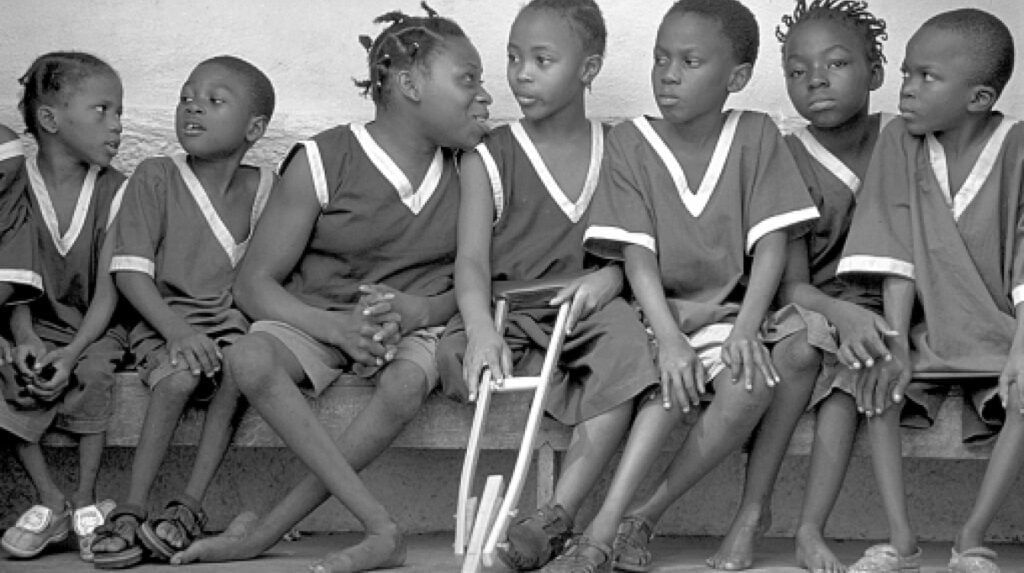The National Primary Health Care Development Agency (NPHCDA) is embarking on a swift mission to curtail the transmission of the variant poliovirus type II (cVPVII) by December, according to Faisal Shuaib, the executive director of NPHCDA.
Mr Shuaib made this commitment on Wednesday during a strategic meeting with the Northern Traditional Leaders Committee on Primary Health Care (PHC) delivery, engaging traditional leaders from hard-to-reach areas across six states. The event, organized in partnership with the Sultan Foundation for Peace and Development, aimed to address pressing health concerns.
“At present, 48 cases of the cVPVII have been reported. The agency’s approach involves reinforcing routine immunization and strengthening the PHC system to arrest the transmission of this variant,” remarked Mr Shuaib.
He extended his gratitude to the Sultan of Sokoto, Muhammad Abubakar III, for his unwavering leadership and endorsement of primary healthcare programs and interventions.
“I wish to extend my heartfelt appreciation to the Traditional Leaders Committee on Primary Health Care Delivery (NTLC), under the esteemed chairmanship of His Royal Highness, Alhaji Samaila Mera, the Emir of Argungu,” emphasized Mr Shuaib.
He continued, “Your consistent support has bolstered our determination and underscored the importance of collaborating with the traditional institution in shaping our nation’s healthcare landscape. Your guidance and influence hold the potential to mold our communities’ destiny. Today, we are here to lend an ear to your insights and seek your collaboration in securing a healthier and more promising future for our children.”
Mr Shuaib detailed, “Now, the time has arrived to conquer our polio counterpart known as the circulating variant poliovirus (cVPV2). We possess the tools, knowledge, experience, and unwavering determination to accomplish this monumental task.” He added, “Your leadership can expedite our progress.”
He emphasized that the fight against cVPVII “demands a united front – a union encompassing traditional, religious, and local leaders, healthcare workers, parents, and every citizen who envisions a future free of polio.”
The agency highlighted that the outbreak of cVDPVII surfaced barely a year after Nigeria obtained wild poliovirus-free certification from the Africa Regional Certification Commission (ARCC). Prior to this achievement, Nigeria was the sole wild polio-endemic nation in Africa.
The last instance of wild poliovirus detection in Nigeria transpired in 2016.
According to the World Health Organization (WHO), the relentless endeavors toward polio eradication have prevented up to 1.8 million children from enduring lifelong paralysis and have safeguarded approximately 180,000 lives since 1996.


